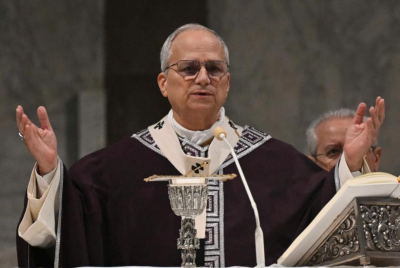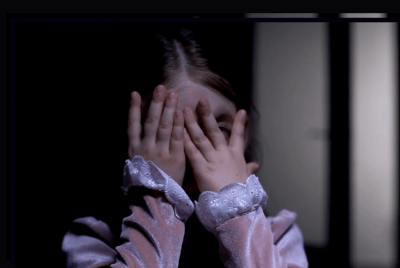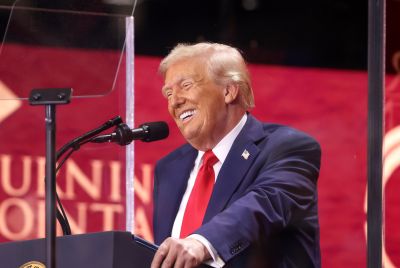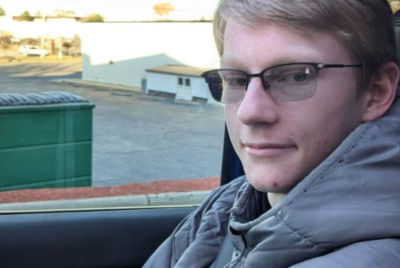Candace Owens Claims 'Zionists Hate Us Because We Told The Truth' About Israel, Epstein
Candace Owens claims Zionists 'hate us' for exposing alleged truths about Israel and Epstein
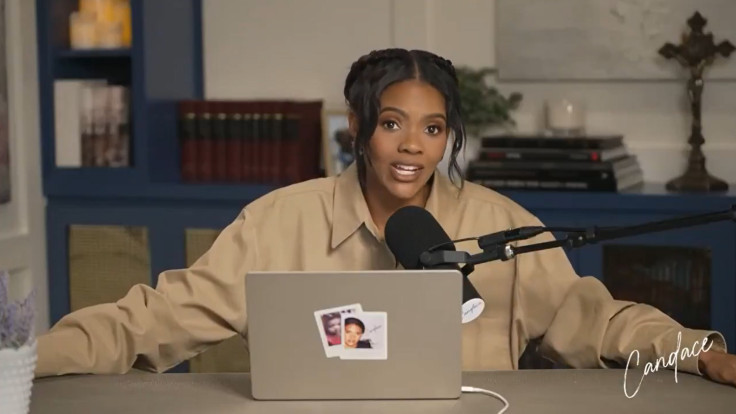
Candace Owens has reignited controversy following her latest remarks accusing Zionists of targeting her for revealing supposed truths about Israel and Jeffrey Epstein. Her claims, which surfaced in the wake of recent conservative media disputes, have fuelled criticism and intensified debates on antisemitism and political speech in the United States.
Candace Owens' Controversial Remarks
Tucker Carlson told the truth.
— Candace Owens (@RealCandaceO) November 11, 2025
I told the truth.
Zionists hate us because we told the truth.
Megyn was a part of the conversation. Charlie told Tucker Carlson to “Go Max. Go max”— on the topic of Israel and Epstein.
WATCH: https://t.co/TgvQSfnl1G pic.twitter.com/trKIVk24TK
The controversy began when Owens took to social media to allege that a Zionist faction had turned against her and other conservative figures for speaking out about Israel's influence on Western politics. Her statement came shortly after a resurfaced clip showed conservative activist Charlie Kirk urging Tucker Carlson to take a harder stance on Israel during a Turning Point USA event.
The incident drew attention from media commentators, with Owens defending her position by asserting that she was simply telling uncomfortable truths. Her remarks also touched on the late financier Jeffrey Epstein, alleging that his influence extended into the foundations of the United States' alliance with Israel.
These statements were quickly met with widespread condemnation, with critics accusing her of spreading dangerous conspiracy theories. Nonetheless, Owens maintained that her criticism was aimed not at Jewish people, but at political and financial systems she believes are influenced by pro-Israel interests.
Backlash from Media and Political Figures

Owens' comments ignited swift backlash from across the political spectrum. Mainstream media outlets and advocacy groups condemned her remarks as antisemitic and inflammatory. Figures within her own conservative circles expressed unease, fearing her statements could alienate potential allies and damage the broader conservative movement's image.
Her supporters, however, defended her right to challenge what they viewed as undue foreign influence on American policy. They argued that Owens was being unfairly targeted for voicing legitimate political concerns. Meanwhile, networks such as NPR and Radar Online reported that the controversy reflects a growing rift within conservative media, particularly regarding the limits of free speech when it intersects with sensitive geopolitical topics.
Tucker Carlson, who was drawn into the discussion due to his association with Owens and the resurfaced clip, faced criticism for giving a platform to voices accused of antisemitism. His camp, however, dismissed such accusations as exaggerated and politically motivated, framing the debate as part of a broader cultural struggle over censorship and loyalty within the American right.
Broader Implications and Political Fallout
WOW!! Megyn Kelly happened to capture Charlie backstage telling Tucker Carlson to “GO MAX”, before he hit the stage at the TPUSA summit in July, just as Tucker described. Charlie wanted them to HIT HARD against Epstein and Israel.
— Candace Owens (@RealCandaceO) November 11, 2025
WATCH HERE: https://t.co/TgvQSfmNc8
The incident has reignited ongoing debates about the relationship between conservative politics, Israel, and freedom of expression. For many observers, Owens' remarks represent a troubling trend where political critique crosses into conspiracy-laden narratives that risk fuelling division.
Political analysts note that this controversy highlights the challenges faced by conservative media personalities seeking to navigate complex foreign policy discussions while maintaining a loyal audience. Owens' allegations involving Epstein have also reopened discussions on the murky intersection of power, influence, and accountability.
Her attempt to link these issues to Israel's political relationships has drawn concern from Jewish organisations warning against the resurgence of harmful stereotypes. Yet, despite mounting criticism, Owens continues to stand by her statements, framing the backlash as an attempt to silence dissenting voices within the conservative movement.
As the debate grows, the controversy underscores how quickly political discourse in the digital age can spiral into polarising narratives. It also reflects the ongoing tension within right-wing circles over defining the boundaries between legitimate political critique and hate speech.
In the end, Owens' claims have deepened divisions within conservative politics and reignited scrutiny of the rhetoric surrounding Israel and global influence. Whether her comments represent a genuine critique or a reckless provocation remains a matter of fierce debate, but their impact on political discourse and public perception is undeniable.
© Copyright IBTimes 2025. All rights reserved.







